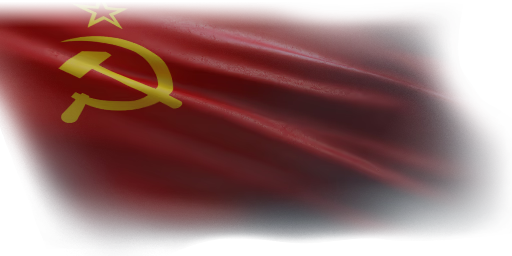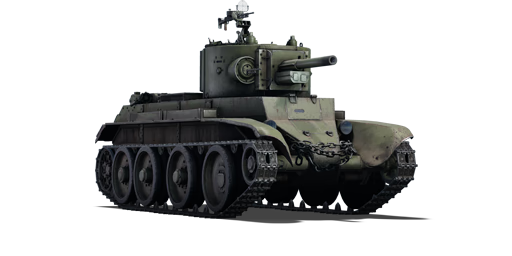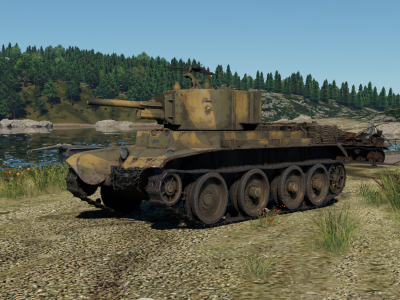The BT-7A (F-32) is a premium gift Soviet light tank. It was introduced during Update 1.89 "Imperial Navy" as one of the rewards for Operation H.E.A.T. It uses the same chassis as the BT-7 and as such, possesses the same armour, engine and crew layout but adds a new turret fitted with the 76 mm F-32 gun.
Like the BT-7 before it, it is very fast while having light armour, which at its BR can be penetrated by virtually all vehicles, meaning it must rely on stealth and speed even more than its predecessor. It comes armed with the much more powerful 76 mm F-32 cannon, which has higher penetration and explosive mass, allowing it to easily knock out larger tanks from the side with a single shot. It also comes with a pintle-mounted light machine gun, a rarity among early Soviet tanks, allowing it slightly more AA firepower.










 2 x (50 / 55 / 80) %
2 x (50 / 55 / 80) % 
 2 x 124 %
2 x 124 % 

